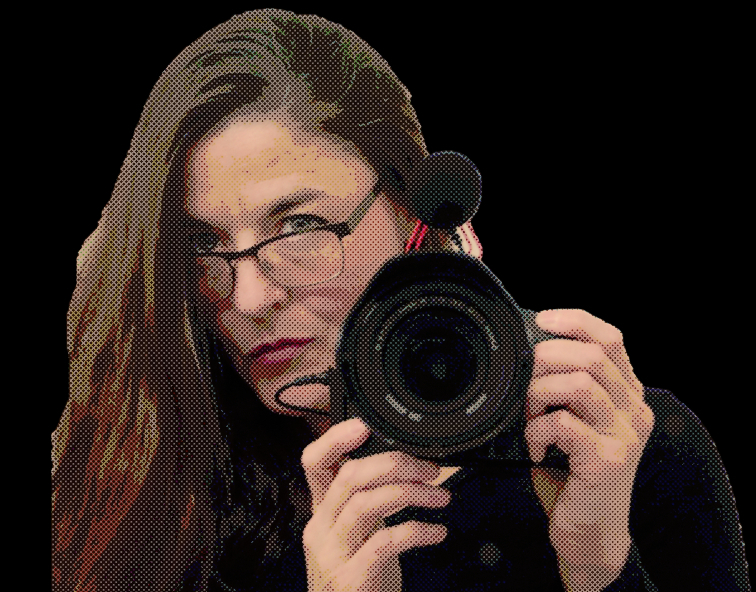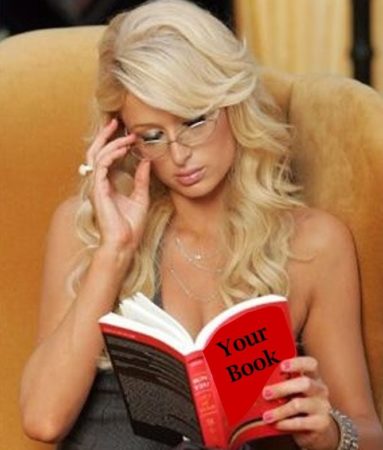
Continuing from my last post on genres, I’ll now describe each major literary genre, its universal tropes, and if it’s right for you.
…Seriously, read my last post as a primer! TL;DR: you must pick a genre for your story. …But which one?? Keep reading to find out!
One important caveat is that this list is specific to how modern fiction novels are categorized for sale in places like Amazon and Barnes & Noble. It might overlap with, but isn’t 100% relevant to, graphic novels, novellas, short stories, classics, and film & television.
Also, books written by bestselling authors are always exceptions to the rules, because they can write anything they want and it’ll sell. The descriptions, tropes, and “is it for me” advice below are relevant to everyone else.
Important info on tropes vs clichés:
Quick definition of “tropes”: a trope is plot, character, or setting detail that people expect when they read a certain genre. For instance, a love triangle is a common YA trope. Many readers will be disappointed or downright angry if a common trope of the genre is missing. If you leave out or go against a universal trope – as in a trope that’s common across the entire genre – you will shrink your potential audience.
A trope is different from a cliché in that a cliché is a plot, character, or setting detail used in place of an original idea – basically, a lack of originality where a reader expects it. For instance, a love triangle becomes a cliché when it’s centered around a bland teenage girl who’s being fought over by two hot guys who are madly in love with her for inexplicable reasons.
A good rule of thumb for all fiction is to “give people what they want (meaning the trope), but in a way they don’t expect (meaning don’t make it a cliché).”
Here are the genres, and quick links to each one:
- General Fiction
- Mystery/Suspense/Thriller
- Science Fiction
- Fantasy
- Paranormal/Supernatural
- Horror
- Children’s
- Middle Grade
- Young Adult
- Romance
- Speculative Fiction
- Literary
- Dead Genres (as of late 2019)
- Hot Genres (as of late 2019)
General Fiction
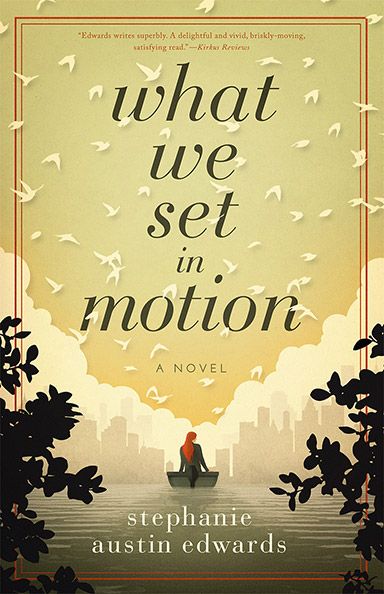
What it is? General fiction is an umbrella term used to describe fiction that doesn’t fit into any genre label below but has a loose defining characteristic.
Subgenres include but aren’t limited to: women’s fiction, historical fiction, contemporary fiction, inspirational.
Universal tropes: None. General fiction is so broad that the only real tropes associated with the genre is that it’s usually exceptionally well-written (especially the historical stuff)…which brings me to a critical point about general fiction – most successful authors of general fiction were already established in their field before they wrote their books, either with connections in the publishing industry (they used to be an editor or something) or a backlist of previous work (former journalists or freelance writers, success in another genre, celebrity, etc.). You are unlikely to have that advantage, so labeling your debut novel as general fiction or any of its subgenres is unlikely to catch anyone’s interest.
Is it for me? No! General fiction is the domain of established authors or people who already have a fanbase and/or traditional publishing support. If this isn’t you, then be prepared to self-publish to crickets no matter how well it’s written (I know this from personal experience – see The Colonel and Her Sergeant…in my defense, I knew that novel probably wouldn’t sell well due to its non-commercial subject matter, but it was a labor of love).
You might have some luck with a very well-written World War I or World War II drama (those are semi-hot right now), or a women’s fiction that’s very similar to whatever’s currently on Oprah’s or Reese Witherspoon’s readings lists (ex. Where the Crawdads Sing by Delia Owens), but even those are long shots. [back to list]
Mystery/Suspense/Thriller (M/S/T)
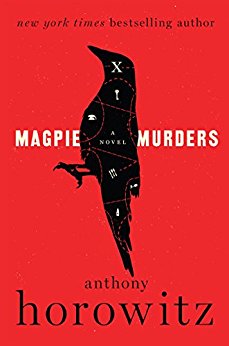
What is it? M/S/T is the combined genre of stories centering around some kind of mystery or puzzle that’s solved by the end of the story. Mystery is typically a who-done-it focused on solving a mystery, with danger and action incorporated sparingly. Suspense is a why-done-it, where the antagonists are known or revealed early on and their dastardly plans are the overarching question, with danger high throughout and action sparing or moderate. Thrillers are run-for-your-life stories, where the bad guys and their plans are revealed early on, and the question is how the good guys are going to foil the bad guys’ plans; danger and action are high throughout.
Subgenres include (not limited to): cozy mysteries, domestic suspense/thrillers, medical mysteries/thrillers, crime (usually mystery), detective (mystery), noir (mystery), government conspiracy (thriller).
Universal Tropes: One main “detective” character the reader follows (doesn’t have to literally be a detective though), the mystery unfolds as the detective discovers info; a secret villain revealed at the end; red herrings; big twists (at least one is the reveal of the secret villain); plot explanation at the end, i.e. “what really happened” or “master plan”; quirky/suspicious cast of characters/suspects; hard-boiled/tough-as-nails detective with a tragic backstory (particular to noir/crime stories); intricate plots
Is it for me? If you can spin a good mystery and excel at intricate plotting, then M/S/T might be your best bet. M/S/T is also an evergreen genre that’s always in demand, though some subgenres go through periods of oversaturation or dominance by one prolific author, like cozys and crime procedurals currently. M/S/T is also ideal for mixing with other genres since it provides a clear narrative thrust irrespective of the setting (ex. Harry Potter and A Game of Thrones (Book 1) were both mysteries in fantasy settings). It’s the second best-selling genre, after romance. [back to list]
Science Fiction (Sci-Fi)
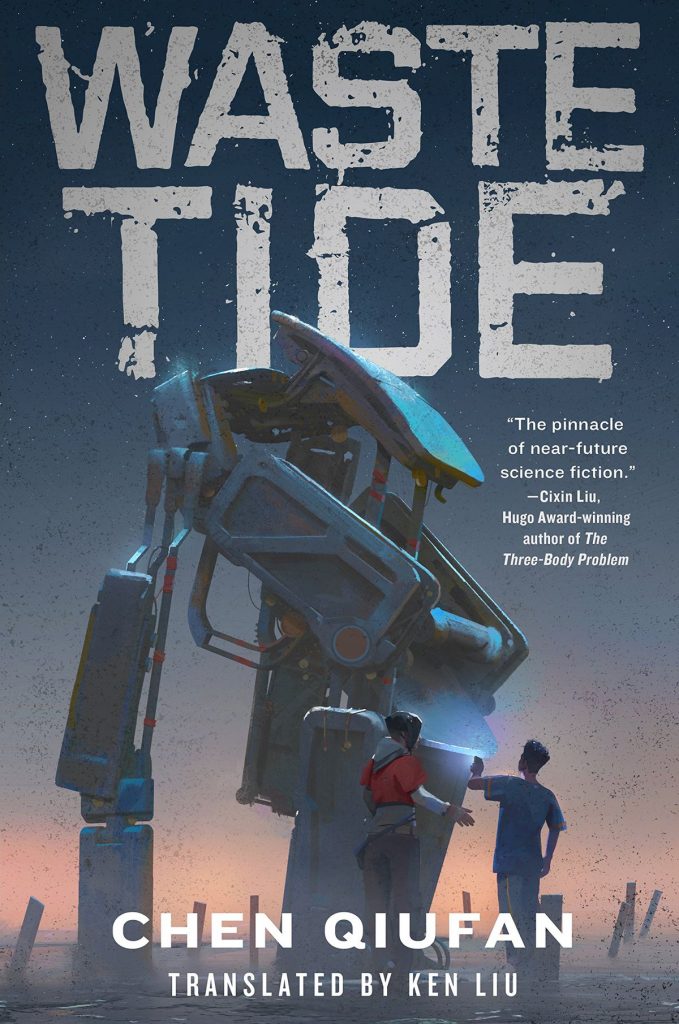
What is it? Science fiction stories center around futuristic technology. Sometimes the tech itself is the focus of the story, but as often or more so it’s the backdrop to a mystery or adventure narrative.
Subgenres include (not limited to): hard sci-fi, soft sci-fi, space opera, cyberpunk, dystopia, time travel, near/far future.
Universal Tropes: One person (usually male) vs. antagonist org such as a government or a corporation (particular to punk stories); science-gone-wrong/misused/not understood issue to solve; world/galaxy/universe-affecting issues; tech/worldbuilding more important than characterization; often a reflection of current real-world anxieties, ex. whatever’s currently scaring the shit out of people in the news (there are a TON of other tropes specific to sci-fi subgenres, ex. A.I., robots, aliens, clones, etc., but the ones I’ve listed here are the only ones I can think of which are universal across sci-fi)
Is it for me? If your story has ANY sci-fi elements at all, it’ll be classified as sci-fi. So either go all-in or take those elements out entirely. Sci-fi is a niche, generally low-selling genre, so don’t expect major commercial success even if paired with another more popular genre. In fact, pairing sci-fi with anything else, like YA or romance, can be the kiss of death for your novel – I know this from personal experience, too (Battlefield High)! Yay me. That being said, you can be successful in sci-fi if you publish consistently and your work is quality (sci-fi readers tend to be picky about technical details, obviously, so don’t think you can get away with lazy research or a hand-waving explanation). But ultimately, it has to be a labor of love. [back to list]
Fantasy
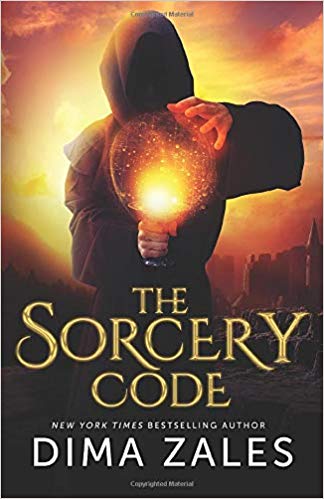
What is it? Fantasy stories center around magic. The genre’s tropes are very similar to sci-fi – basically swap tech for magic – which is why they’re often lumped together. Fantasy is usually the setting for another genre of story, often a mystery or adventure story (usually an adventure).
Subgenres include (not limited to): high/epic fantasy, low/urban fantasy, fairytales/fables, grim dark, dark fantasy, sword & sorcery.
Universal tropes: Heavy emphasis on worldbuilding, though usually not at the expense of characterization as in sci-fi; world-affecting issues; one person (usually male – SIGH) or small group vs antagonist org, ex. government/monarchy, cult, general forces of evil (like sci-fi, there are a TON of tropes specific to certain subgenres, like medieval setting, evil overlord, chosen one, magical artifact quest, etc., but the ones I’ve listed here are universal for the whole genre)
Is it for me? Like sci-fi, fantasy is a niche market that’s never been a huge seller. However, unlike sci-fi, fantasy mixes well with other genres, especially YA, romance, and paranormal. If you’re gonna do fantasy, aim for a specific subgenre and adhere closely to those tropes since they’re very different and readers will get annoyed if you mix too much (ex. YA urban fantasy and adult urban fantasy are significantly different…mixing the two will only annoy both sets of fans, especially the YA crowd…see the section on YA). [back to list]
Paranormal/Supernatural (P/S)
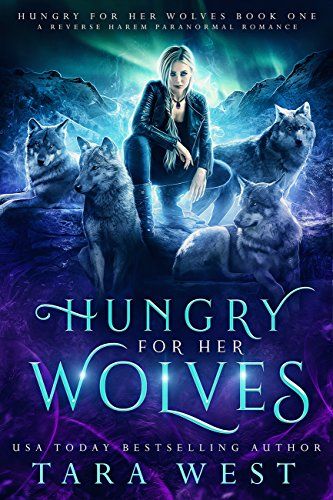
What is it? Paranormal and supernatural are sometimes defined as being slightly different, but as literary genres they’re interchangeable. P/S are stories involving phenomenon that can’t be explained by science, but isn’t necessarily magic. For instance, ESP (telepathy, etc.), mythical creatures (vampires, werewolves, yeti, etc.), and the occult/Biblical (angels, demons, etc.).
Subgenres include (not limited to): Biblical, occult, vampires, werewolves, ghost stories, superheroes/superpowered people (superhero stories are sometimes classified as fantasy or sci-fi…it depends on the context of the story). Note that P/S is usually a subgenre to another genre. Stand-alone P/S stories are rare.
Universal Tropes: Heavy emphasis on worldbuilding; detailed explanation (not scientific) of P/S element
Is it for me? P/S is almost always a secondary element to another main genre, like romance, YA, horror, or fantasy. A stand-alone P/S is probably not going to go anywhere sales-wise. (I know superhero stories are dominating the box office right now, but what’s hot at the movies isn’t the same as what’s hot on the page. In fact, superhero stories outside the established Marvel/DC universes are a dead literary genre…see more explanation about dead genres below.) YA and romance P/S in particular are super hot right now. Just make sure you don’t write a clone of Twilight or another massive bestseller, because the market’s already flooded with those. [back to list]
Horror
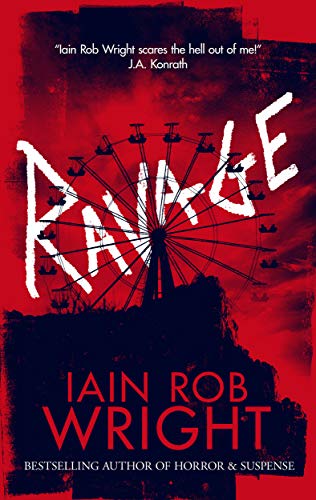
What is it? Horror is a story that’s primary purpose is to scare the reader or otherwise evoke a sense of dread, unease, or fear.
Subgenres include (not limited to): Old gods (Lovecraftian), gothic, vampires, werewolves, psychological, body horror, ghosts, possession
Universal tropes: Unhappy or less-than-happy endings; deep focus on one person’s thoughts and feelings about the horror element; horror element is an allegory for a real-world fear, ex. fear of the unknown, dying, the dark, abandonment, etc.
Is it for me? When I started seriously writing, I thought horror would be my jam (YES I’ve been around the block on this writing thing). Turns out horror is a VERY niche genre, probably the most niche one. When it comes down to it, if you’re not Stephen King or related to Stephen King (one of his sons), then no one will read it. King dominates modern horror. His success alone keeps horror from being a dead genre…so probably avoid the horror label. [back to list]
Children’s
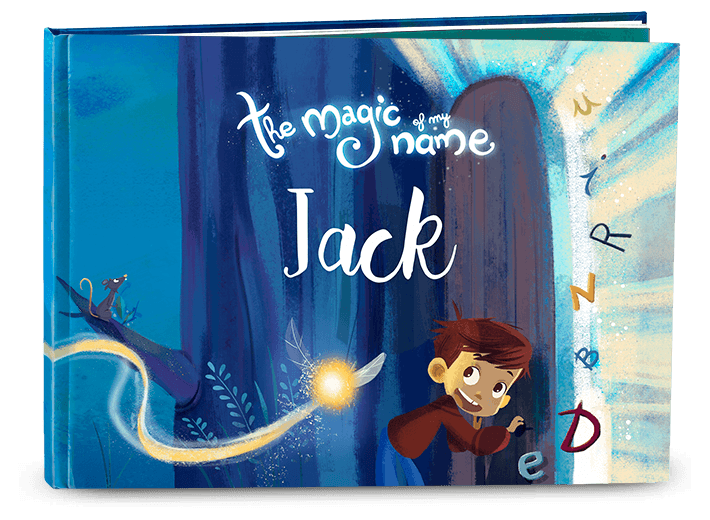
What is it? These are books for little kids who can’t read yet (parents read to them) or are learning how to read – so babies up to about second or third grade.
Subgenres include (not limited to): picture books, IP (intellectual property) tie-ins like anything Disney or Nickelodeon, intro to religious concepts.
Universal tropes: Pictures galore, few words; very short & simple; often involve a simple life lesson like being nice to other kids, loving Jesus, how to properly wipe your butt, etc.
Is it for me? If you’re writing a children’s book it’s pretty obvious. Due to the fact they’re very picture-heavy, most people want physical books with thick pages and high quality images, so you’ll need to get a trad-pub deal. Children’s is another genre that’s very niche, and also dominated by corporate-owned IP, so you’ll never make significant money even if you somehow land a deal. But if you’re a really good visual artist and you love kids, go for it…but you’re probably wasting your time. [back to list]
Middle Grade (MG)
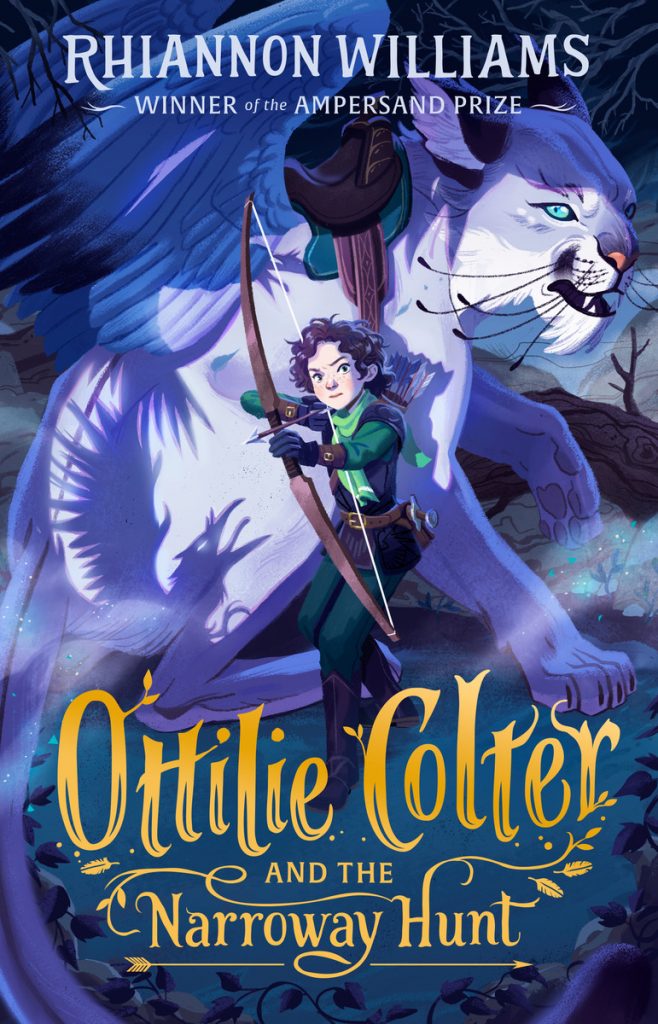
What is it? One level of sophistication above children’s but below YA, Middle Grade are books aimed at kids who’ve just learned how to read, up to pre-teens.
Subgenres include (not limited to): learning-specific (ex. science, history), slice-of-life, moral lessons
Universal tropes: More words than children’s books, but still lots of pics; focused on one or two main protagonists, usually pre-teens, having an adventure that may or may not have a moral rolled in
Is it for me? Like children’s, MG’s main purpose is to help kids with their reading comprehension and/or teach something. They aren’t super-popular, and readers usually want physical books. Having said that, Diary of a Wimpy Kid, technically an MG title, has been a massive bestseller for years, so you never know. If you wanna try your hand at MG, I recommend writing a series. [back to list]
Young Adult (YA)
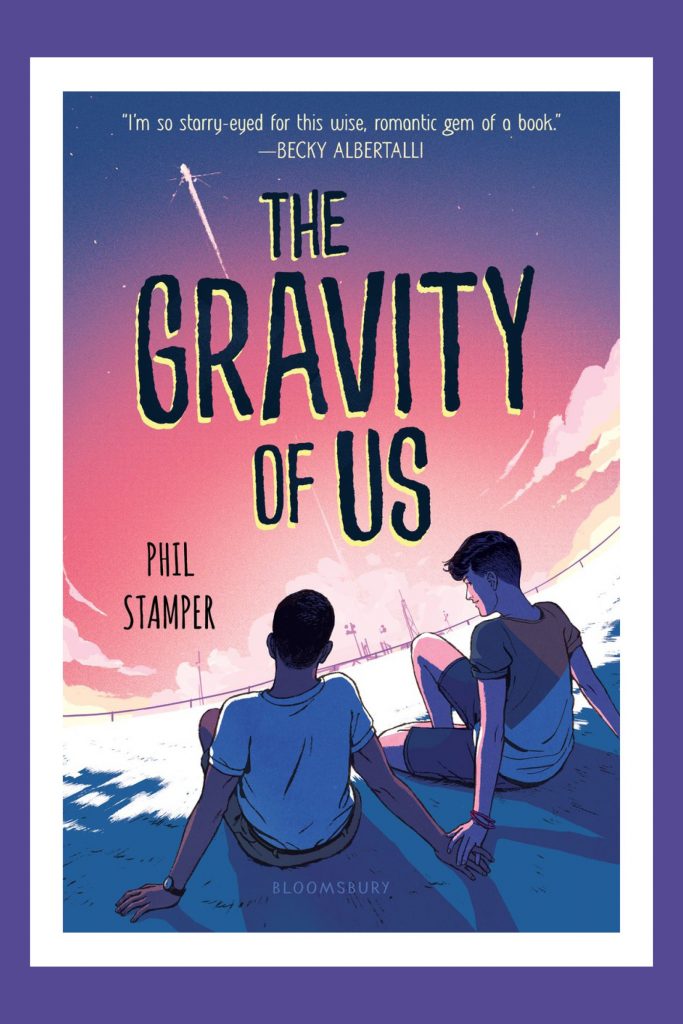
What is it? YA are stories aimed at teenagers (usually girls), usually paired with another genre like contemporary (i.e. general fiction), P/S, or fantasy. Though the stories are aimed at teens, over half of YA readers are adults. YA is distinctive from adult fiction in that YA features simpler themes with little to no moral ambiguity, as well as no hard sex, violence, or language.
New adult is basically YA but with college kids having sex. I hesitate to even include it on this list cuz it’s more of a subgenre of YA someone invented for horny adult fans, but it sometimes pops up as its own thing.
Subgenres include (not limited to): YA high fantasy, YA P/S, YA urban fantasy, YA contemporary romance, new adult, amateur sleuth, slice-of-life. Also note that most fan fiction is YA.
Universal tropes: Female teen protagonist, often written to function as a reader’s self-insert or otherwise be extremely likeable; romance is either the main plot or a major plot element, often involving a love triangle; deep or first-person POV with detailed descriptions of feelings
Is it for me? YA is ultimately defined by its sensibilities and moral complexity, not by the fact it features teen protagonists (though it must also feature teen protagonists). For instance, if your book features teens having graphic sex or doing hard drugs, then it’s not YA. So if you’re thinking about writing a YA, make sure you stay within the bounds of what’s appropriate for teens (movie ratings are a decent guide).
YA fantasy and P/S are SUPER hot right now, so if you’ve got a YA featuring vampires that’s not a clone of Twilight, go for it! YA contemporary romances (again – clean romances) are also having a hot moment. However, I should warn you – YA has recently had some scandals involving overzealous moral policing and overreaction to any criticism…high school-level drama fo’ yo’ mama stuff. Dipping your toe into YA runs the risk you’ll be attacked by an angry mob, especially if your story contains any social commentary, so be prepared. [back to list]
Romance
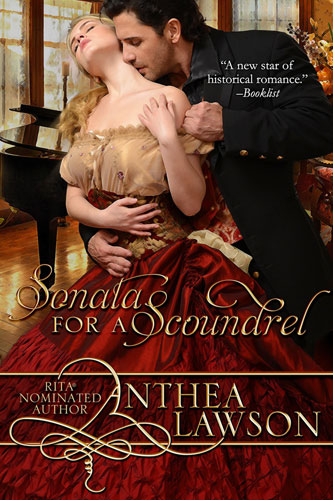
What is it? Romance must have two critical characteristics: 1) the story’s main plot must be centered on a romantic coupling (sometimes more than two people, but polyamory romances are very rare), and 2) the story must have a happily-ever-after (HEA) ending. The Romance Writers of America (RWA) association is very strict about this!
Subgenres include (not limited to): …Pretty much any pairing with another genre you can think of, as well as BDSM, Christian, sweet/clean, erotic/erotica, contemporary, historical (Regency, Scottish, etc.), rock star, cowboy, romantic comedy (rom-com), Christmas, etc.
Universal tropes: No cheating; woman’s a virgin or inexperienced while male is a sex god (not always the case, but often enough to be nearly universal); light to heavy sexism/misogyny (ex. “not-like-other-girls” protagonist, other women are evil, abusive male behavior portrayed as romantic, etc.); male is powerful in some way (money, title, strength, etc.); central couple is very good-looking; female is very likeable, sometimes a self-insert character; deep alternating POV from male and female protagonists, with detailed descriptions of their feelings throughout…Romance has a LOT of tropes, in fact it’s the most trope-heavy genre to the point I can’t list them all here.
Is it for me? I’ve written four romance novels – a rom-com and three romantic paranormal suspenses – as well as been part of the RWA for several years, so I know a little something about being a romance author. I could go on and on AND ON about everything I’ve learned about romance, but I’ll just hit the highlights here so this section doesn’t go on forever.
First, it’s important to realize romance is essentially a fantasy. People read romance because they want to experience the thrill of love and passion in ways they can’t in real life, or don’t even necessarily want to in real life. This is why romance has so many sexist and misogynistic tropes – by framing it in a positive light, it makes the soul-crushing reality a little more tolerable (…in a nutshell…it goes deeper than that, but again, I’m not gonna dig into it here). Since readers consider romance as fantasy and wish fulfillment, they’re very specific about what they want; that’s why there are so many subgenres.
So, if you’re writing romance, make sure you have a deep understanding of your subgenre and stick to the tropes!! Straying at all means significantly lower sales…I know this from experience, too. Yay me for learning every literary lesson the hard way!
Second, romance is the best-selling genre because romance readers tend to be voracious. They read several romance novels a month and are very loyal to their preferred authors. In this way romance novels are like video games: yes they’re repetitive and not realistic, but the instant gratification is powerful and real. Because of this extremely high demand, romance has adopted a marketing strategy of quantity over quality. Even extremely popular authors like Nora Roberts pump out three to four books a year. And since romance readers buy so many books, they always want a deal so you have to keep them cheap, too…which means you need to produce more to make any money. This results in a market flooded with objectively crappy books, which is one reason why the romance genre gets such a bad rap from non-fans. But it’s like that by design.
All in all, if you’re not willing to pump out a TON of books very quickly that stick to a very strict set of tropes (quality is mostly irrelevant), then romance probably isn’t right for you. But if you are, enjoy your fat royalty checks! (until you ultimately burn out) [back to list]
Speculative Fiction (Spec-Fic)
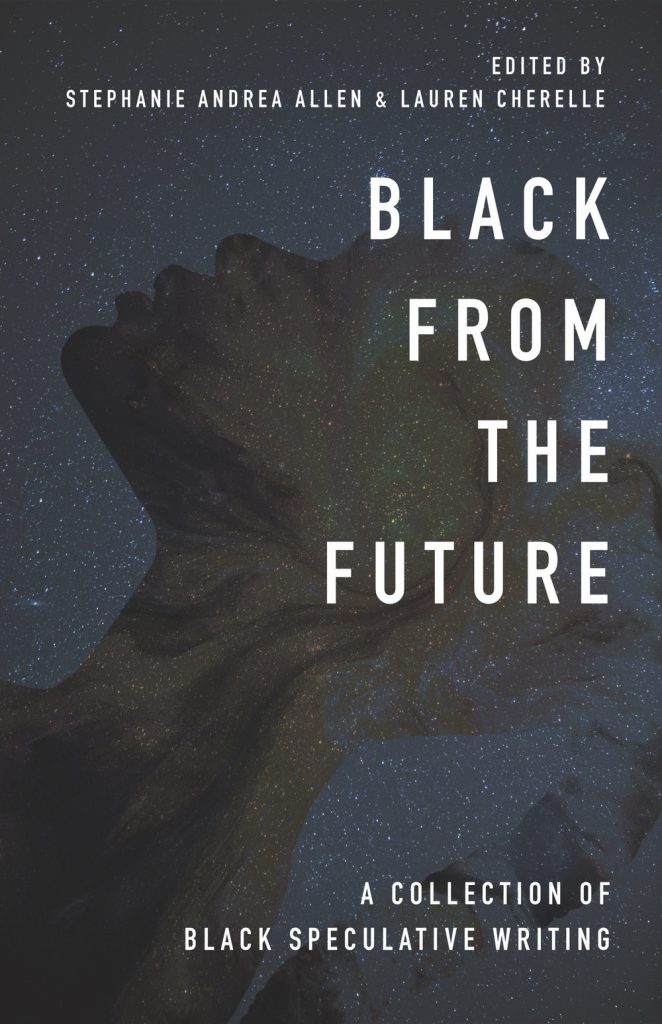
What is it? Like P/S, speculative fiction’s dictionary definition is slightly different than how it’s used to define the genre. Technically, speculative fiction is any fiction with an otherworldly component. Fantasy, P/S, and sci-fi all fall under the umbrella of spec-fic. However, as a literary genre you might look up on Amazon or Barnes & Noble, spec-fic refers to fiction with an unreal element that doesn’t explicitly belong to any other genre. The unreal element is mainly used as a jumping off point to tell a more character-driven or literary story (ex. The Handmaid’s Tale, The Man in the High Castle).
Subgenres include (not limited to): magical realism, time travel (that isn’t explicitly sci-fi or magic), alternate reality, steampunk
Universal tropes: None
Is it for me? Spec-fic might be for you if your story contains an unreal element (as in the story obviously doesn’t take place in our reality) but doesn’t clearly belong to any of the other genres. Be careful though, because this one’s a lot like general fiction in that it’s often too broad to be useful to authors who aren’t already well-known. [back to list]
Literary
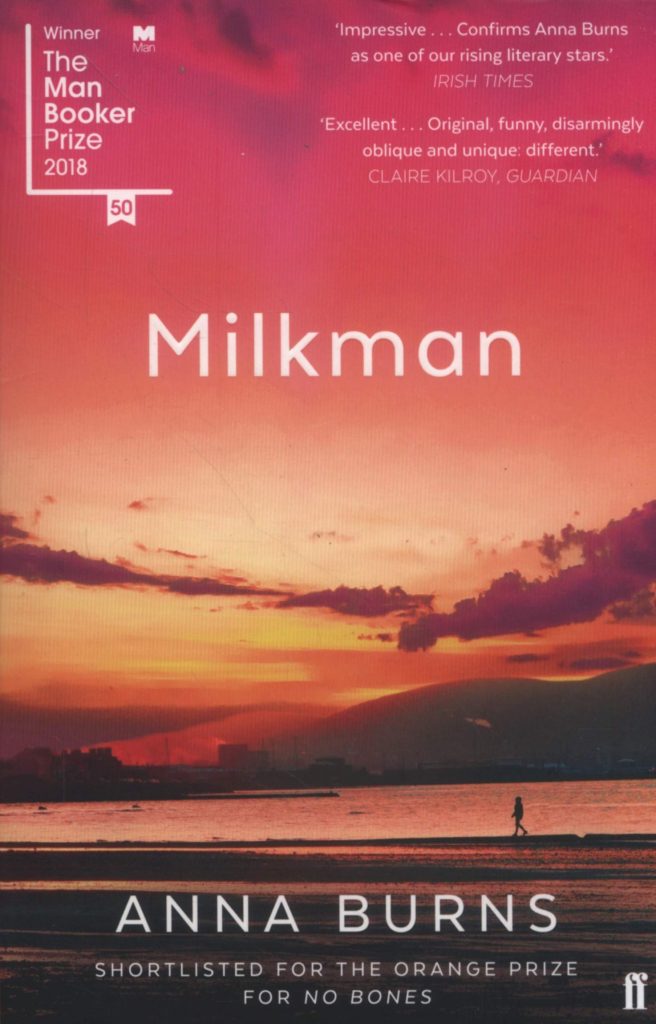
What is it? Sometimes literary fiction authors will say they’re distinct from “genre fiction” (the implication being “better,” as in “deeper”), but really literary fiction is effectively it’s own genre. Modern literary fiction is defined as a work of fiction primarily focused on its message, usually at the expense of a plot. They’re works of fiction but often aren’t coherent stories as universally defined.
Literary fiction has no real subgenres.
Universal tropes: Style as substance, no plot
Is it for me? Hell no! Though the “high class” literary community falls all over themselves lavishing awards on literary fiction books, the rest of the world finds them pretentious and inaccessible, preferring to read coherent stories that are actually engaging.
…Okay I’m being a little snippy here, but I have yet to read a modern literary novel that wasn’t a pretentious bore, and I have tried to read many. Oh, I have tried. That’s just my personal experience, though. Since literary novels sell horribly despite all the awards for how they REDEFINE HUMANITY or whatever, I think my opinion is widely shared.
If you label your story as literary, pretty much nobody will read it. Also, nobody will publish it because it’s one of those genres where you need to already be established for any agent or publisher to give you the time of day. [back to list]
Dead Genres
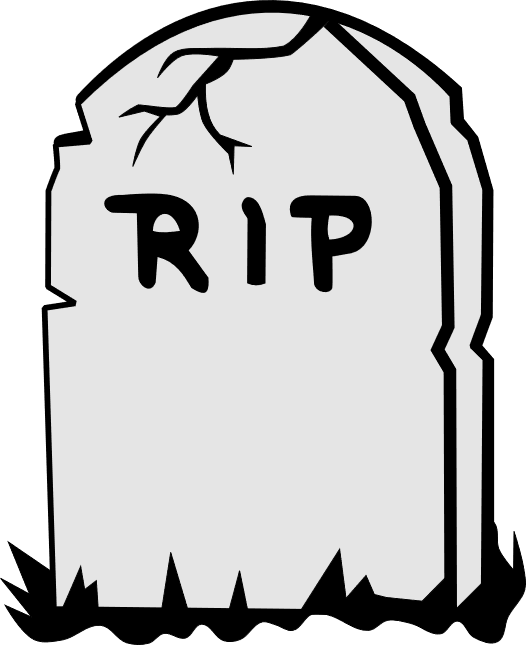
What is it? Dead genres are genres that are either confirmed to be in little to no demand, or at least publishers think this is the case. Basically, no one will buy books in these genres…with the exception of books written by best-selling authors. They can write anything and people will buy it, so don’t use them as a guide for what’s hot or not.
Also, keep in mind that dead genres don’t always stay dead. They often cycle back after a few years. So if you wrote a book that falls into one of these dead genres, don’t despair! Stick it in your desk drawer, wait until your dead genre rises from the grave, and then dust it off and try again!
As of late 2019, dead literary genres include (there may be others):
- YA dystopia
- YA sci-fi
- Horror if you’re not Stephen King
- Cop procedurals
- Westerns
- Superhero/superhuman
- [back to list]
Hot Genres
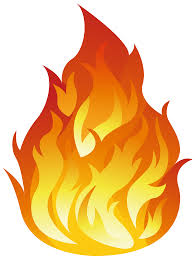
What is it? Hot genres are genres that are currently selling really well. Sometimes they get oversaturated and become dead genres (ex. YA dystopia). Who knows how long the gravy train will last, so get it while the getin’s good!
- YA high fantasy
- YA urban fantasy
- YA P/S, specifically vampires
- Domestic thrillers/suspenses
- YA contemporary romances
- Anything with vampires that isn’t a clone of another bestseller, especially romance
- [back to list]
